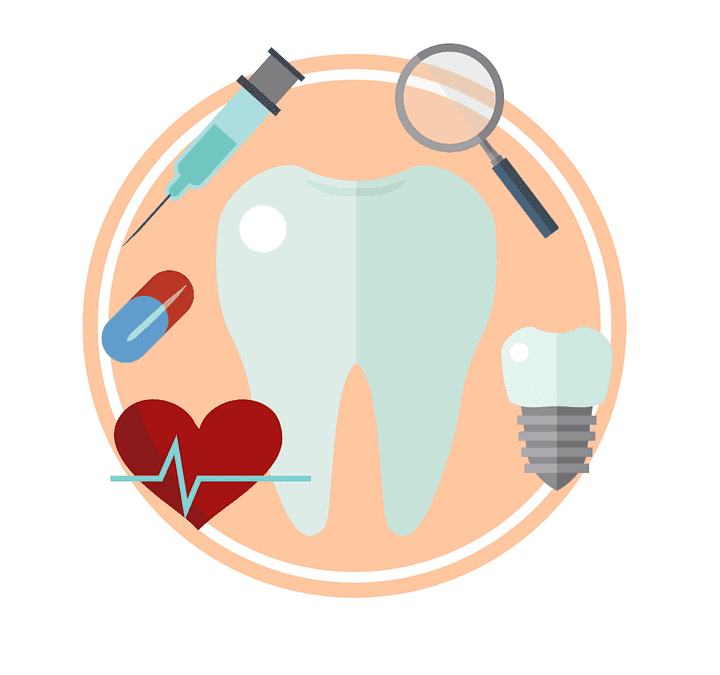Celiac disease, according to the Mayo Clinic Surveys is estimated to affect around two million Americans. Once an individual is old enough to eat solid foods, this disease can develop at any time during that individual’s life.
What is Celiac Disease?
Celiac disease is an immune-mediated disease, which means it is the result of dysregulation in the normal immune response. This is triggered by the small intestine’s vulnerability to gluten and related plant proteins. A gluten free diet allows people to manage celiac disease. However, the disease impacts various areas of the body. For example, celiac disease patients are at greater risk of developing other autoimmune diseases, including Sjögren disease. They also have a greater risk of developing oral health issues, such as canker sores and dry mouth.
How Celiac Disease Affects a Child’s Dental Health
Children who suffer from celiac disease while their teeth are still developing may experience the following dental problems:
- Impeded dental eruption of permanent teeth
- A reduction in salivary flow that can cause dry mouth and increase the child’s risk of developing cavities.
- Recurrent benign and non-contagious mouth ulcers (aphthous stomatitis)
- Inflammation and cracking of the corners of the mouth (angular cheilitis)
- Tooth enamel defects that include tooth discoloration or translucence, and pitted or banded groove formations in the teeth.
It is suspected that the malabsorption of calcium and the immune-related issues in a patient with celiac disease is the reason tooth development is affected. However, there is no current general agreement around how celiac disease impacts tooth enamel development.
How Celiac Disease Affects an Adult’s Dental Health
Adults with celiac disease are not as susceptible to dental enamel defects as children because their tooth development is already completed. However, the following dental issues still affect adult patients:
- Recurring canker sores or ulcers inside the mouth (aphthous stomatitis).
- Inflammation of the tongue and the disappearance of the tongue papillae, the nipple-like structures on the tongue surface (atrophic glossitis)
- Dry mouth syndrome (xerostomia)
- The development of cancer cells in the oropharynx, the middle compartment of the throat.
There is also evidence to suggest that celiac disease may increase the chance of the patient developing dental cavities but the findings are inconclusive.
What Can Celiac Patients Do to Maintain Their Dental Health?
Regular visits to your dentist can ensure that the risk to your dental health caused by celiac disease is correctly managed. A thorough dental care regimen can help prevent some of the above mentioned dental issues or discover them before they become critical. For more information on what you can do for your dental health as a celiac patient, contact Trevor Smith Dental today for an appointment.


Recent Comments